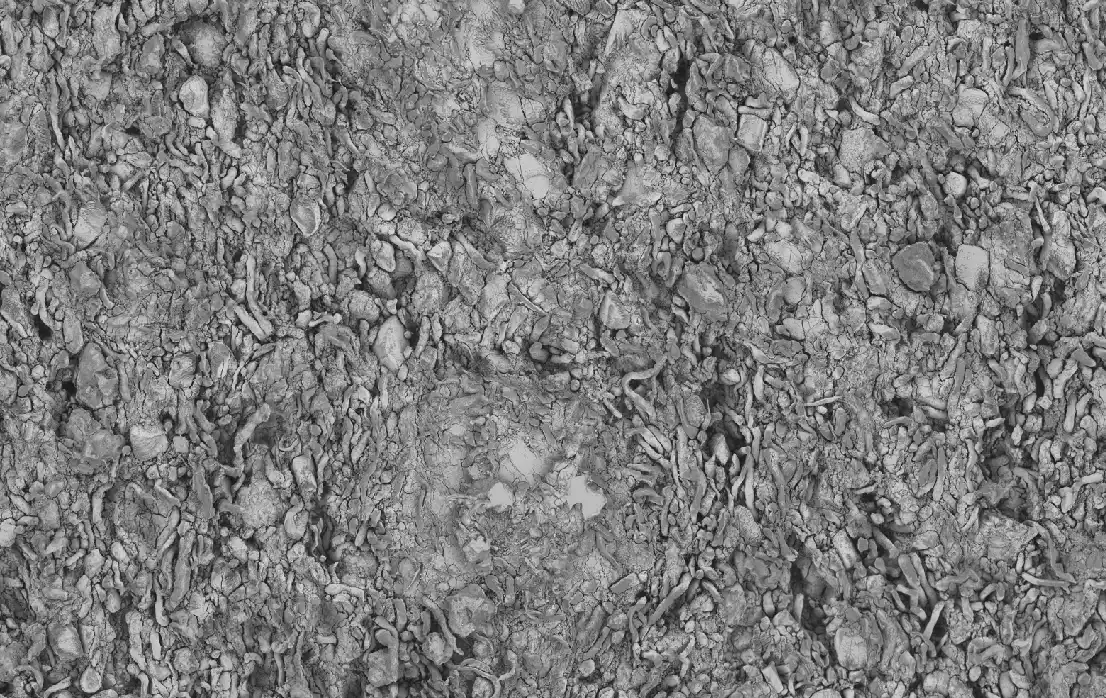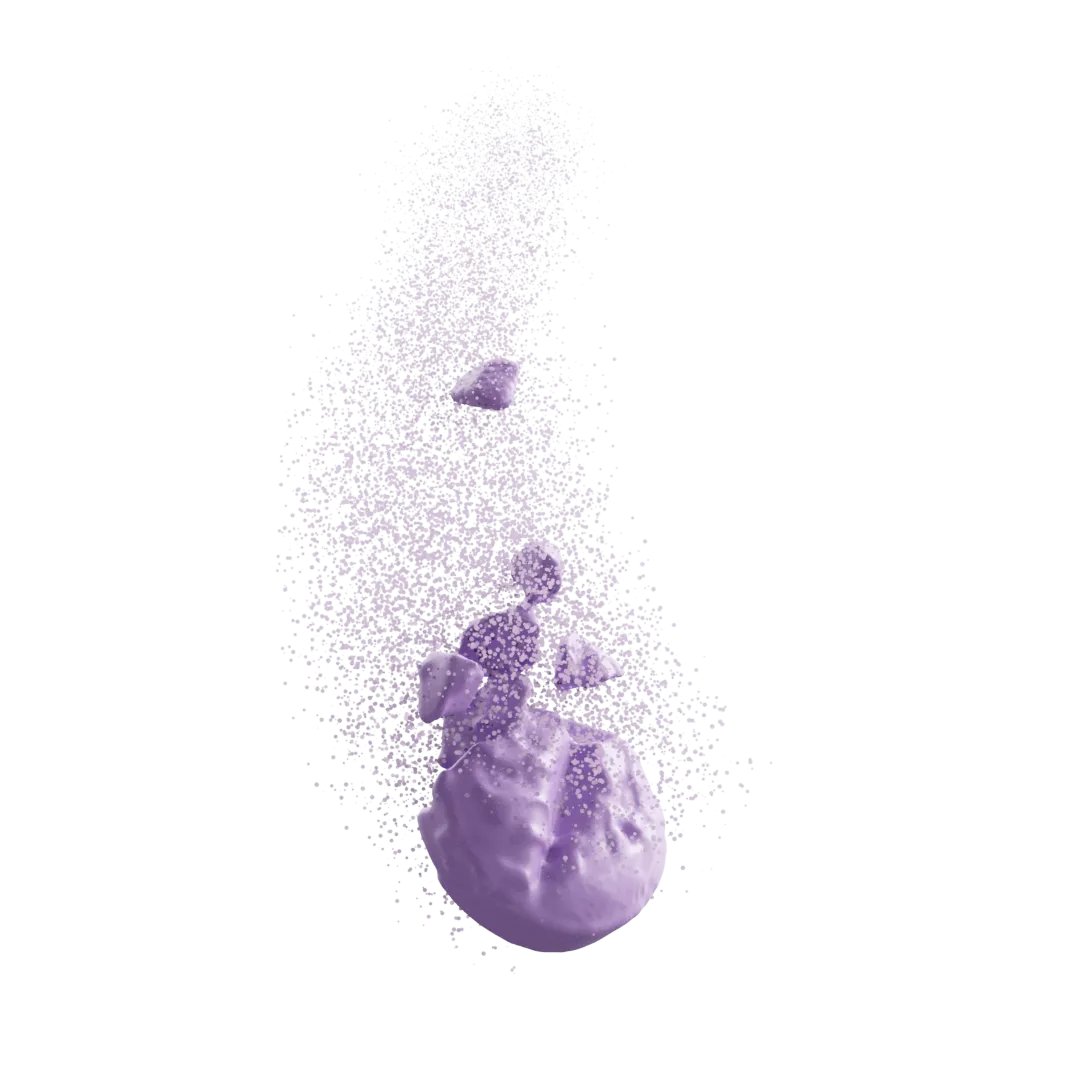Quantifying Amorphous Solid Dispersion Recrystallization

Quantitative Characterization of Crystallization in Amorphous Solid Dispersion Drug Tablets Using X-Ray Micro-Computed Tomography
One approach to improve solubility and bioavailability of poorly soluble active pharmaceutical ingredients (API) is to formulate the API in an amorphous state as an amorphous solid dispersion (ASD). Amorphous compounds, while kinetically more soluble, are thermodynamically less stable than their crystalline form. Polymer stabilizing material is often employed to prevent crystallization 0. Manufacturing of ASD based drug products involves complex mechanical and thermal transformations necessary to render the API in a kinetically stabilized amorphous state. However, detection and monitoring crystallization, either from residual crystalline API or crystallization of amorphous API, is extremely important in assessing the effectiveness of the formulation design and process.

Shawn Zhang, Joseph Neilly, Aiden Zhu, Jacie Chen, Gerald Danzer
Published with AbbVie
https://doi.org/10.1017/S1431927618007481
Additional Publications
Transform Your Program with Microstructure Science
Get started with a drug product digital twin.















